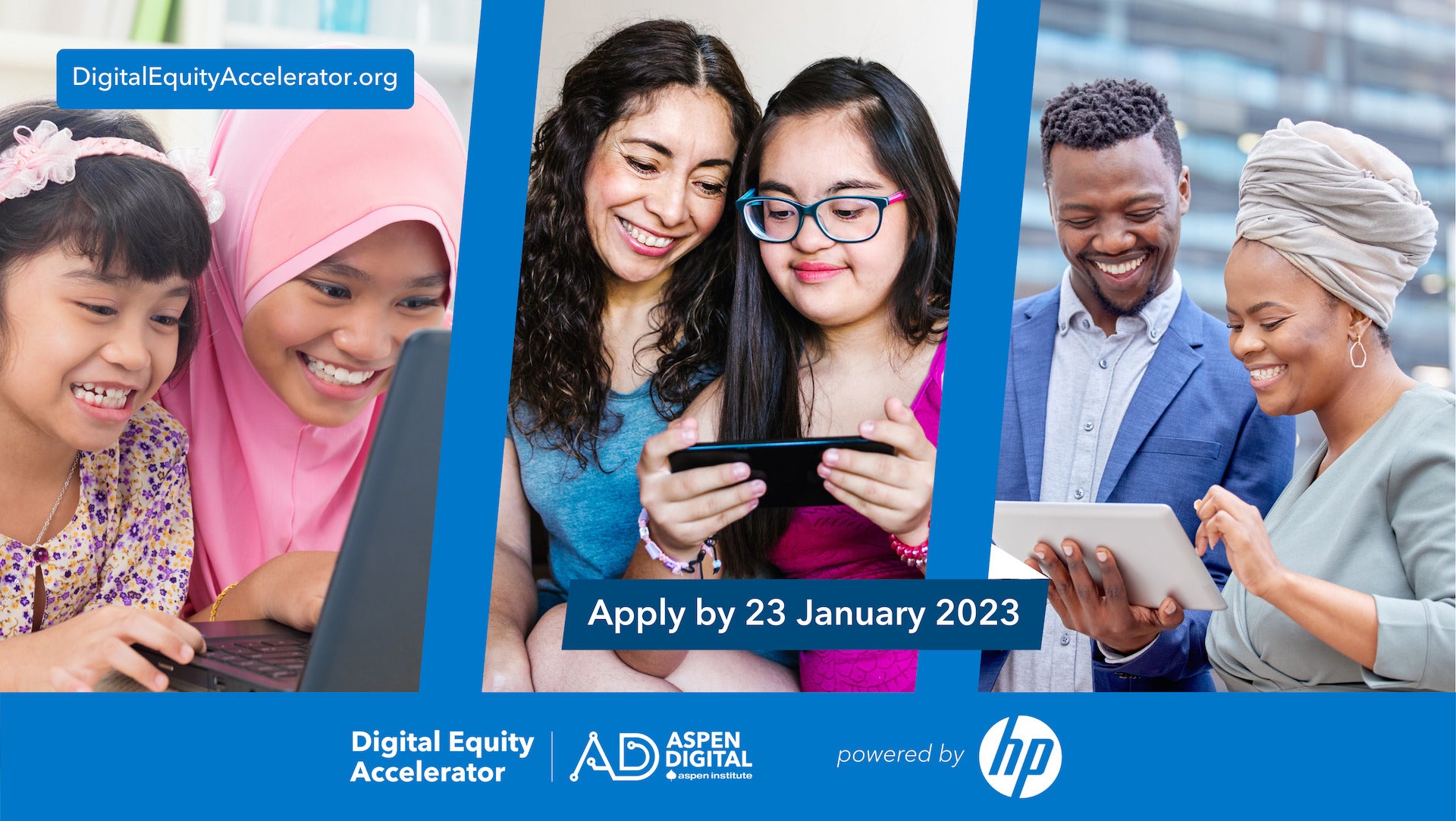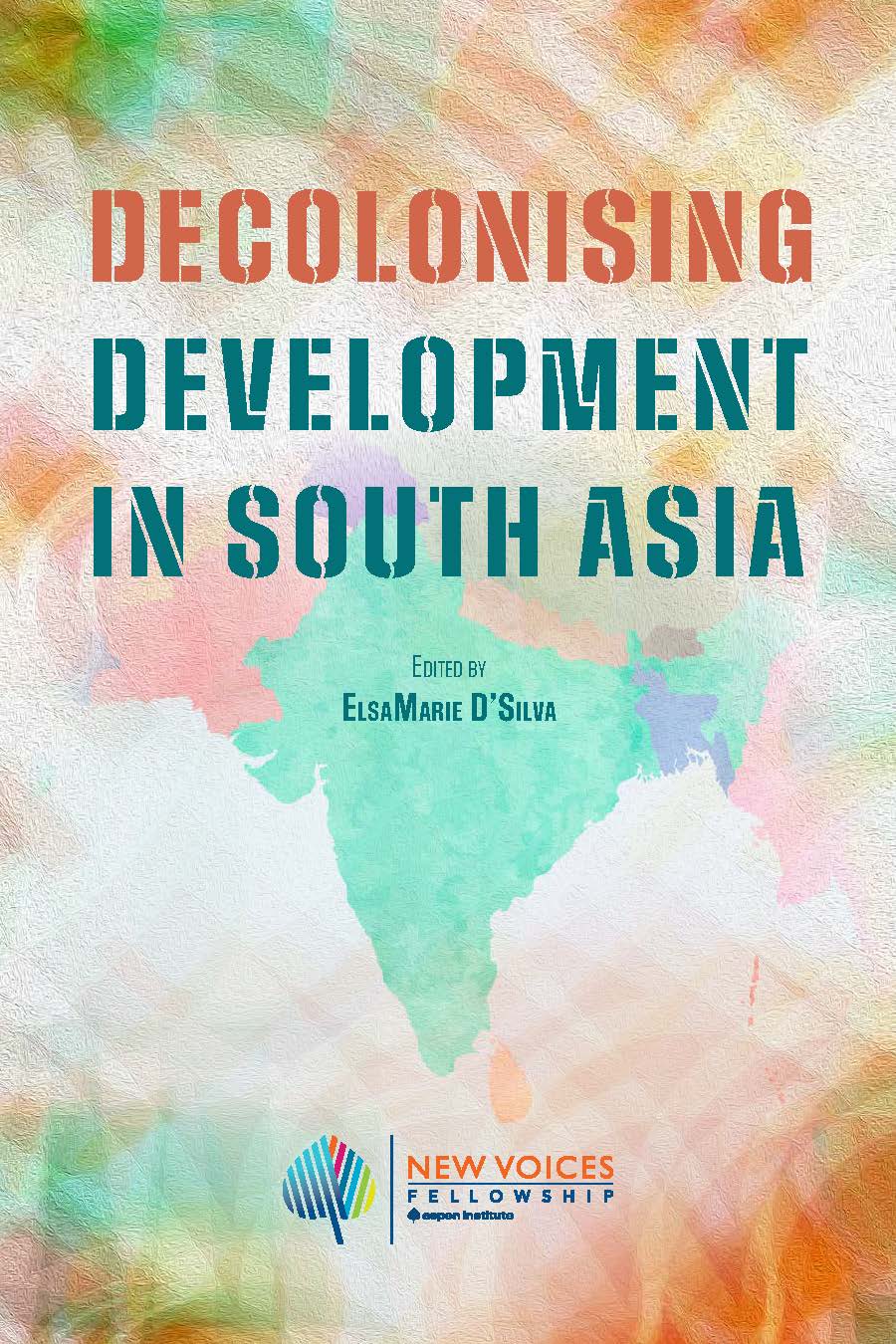Even today, development carries the legacy of the “white man’s burden” from the colonial era—it blinds us to the power imbalance between donors and beneficiaries. The ostensible nobility of the profession belies the intrinsic belief of many in the sector that they know what is best for the people they are trying to serve. While this may not be expressed explicitly, the structures in day-to-day development practice expose this attitude quite clearly. Projects are designed by flown-in experts with very limited local and cultural context, beneficiary consultations are often conducted cursorily and in a patronizing manner, the rigidity of project budgets limits the degree to which experiential learning from projects can translate to meaningful design changes, and implementers are rarely held truly accountable for projects failing to deliver impact.
Underneath each of these visible structures is an implicit and invisible assumption that beneficiaries do not deserve a say in how projects are designed, modified, scaled up, or shut down, despite the material impact the latter may have on these very people’s lives and livelihoods. It is this fundamental power imbalance—typified by the very term “beneficiary”—that prevents us from truly “decolonizing” development.
The reason for this is simple. Donors pay for projects, clients don’t. In contrast, in a business, customers can vote with their wallets. Sales figures create a simple and immediate yardstick to assess the success of executives and staff in meeting the needs and demands of the clients. In development, there is no comparable indicator that makes performance visible and helps donors stay aligned with how the clients are perceiving the program.
Secondly, new tools (many borrowed from the business sector) such as human-centered design, rapid prototyping, and A/B experiments that enable rapid feedback loops are important to iterate and improve projects at a low cost and maximize the returns from every dollar, while also giving a voice to the clients. Nominal pricing for products and services, and pricing proxies such as vouchers, can also help replicate a real-time indicator for “program-market” fit. This can help reverse the accountability dynamics and make it highly visible to donors when a project is not delivering an acceptable solution to the problem their clients face.
Thirdly, donors need to design more flexible structures, which allow program designs to change based on feedback, and budgets to change based on results, instead of being fixed ex-ante in five-year chunks. Digital technologies can play a supportive role in upgrading these learning and accountability systems. Finally, donors must directly tune into the end users and clients through appropriate data and stories, hold implementers accountable for results, and guarantee the continuity of impactful programs.
Rubayat Khan is a New Voices fellow and the CEO of Jeeon. This piece is a summary of his chapter in the book Decolonising Development in South Asia edited by ElsaMarie D’Silva. Join the authors for a conversation on Sept. 22 at 9:30 am ET.


